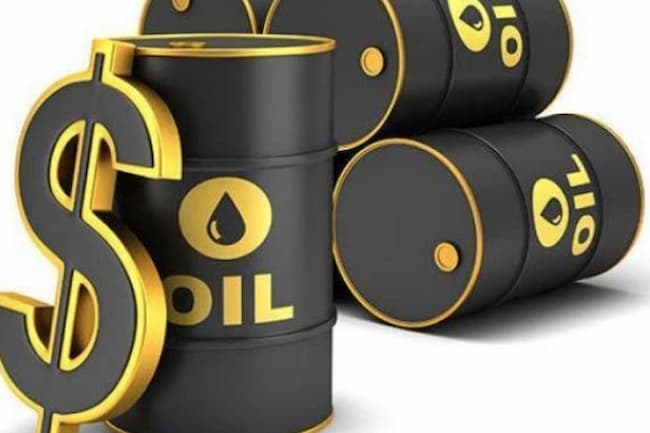Oil prices remained stable over the weekend after falling to near 15-month lows earlier in the session, bolstered by reports that key producers Saudi Arabia and Russia met to explore methods to improve market stability.
When the immediate shock subsided, Brent oil futures, Nigeria’s benchmark, jumped 26 cents, or 0.4%, to $73.95 a barrel, while West Texas Intermediate crude futures (WTI) rose 19 cents, or 0.3%, to $67.80 a barrel. Despite the commodity’s price exceeding $100 in 2022, Nigeria has been unable to leverage the high prices to aid its economy, having failed to achieve its OPEC quota for more than a year.
Despite current attempts to increase output, which have been hampered by oil theft and pipeline vandalism, Nigeria is still under-producing by 500,000 barrels per day. However, the market recovery occurred after prices fell about 5% earlier to the lowest levels in more than a year on fears that a banking sector confidence crisis would precipitate a recession and reduce demand.
Crude regained some of its early losses, as did benchmark market indexes, as Swiss authorities promised a liquidity lifeline to Credit Suisse, whose shares had fallen as much as 30%.
According to Reuters, both crude benchmarks have declined for three days in a row and have reached their lowest levels since December 2021. Brent crude finished the session down $3.76, or 4.9 percent, at $73.69 per barrel, while WTI closed down $3.72, or 5.2 percent, at $67.61.
Brent had down more than 10% since Friday’s closing, while US crude had dropped more than 14%. However, data suggest that China’s economic activity increased in the first two months of 2023, after the conclusion of strict COVID-19 containment measures, raising the hope of a bearish market.













